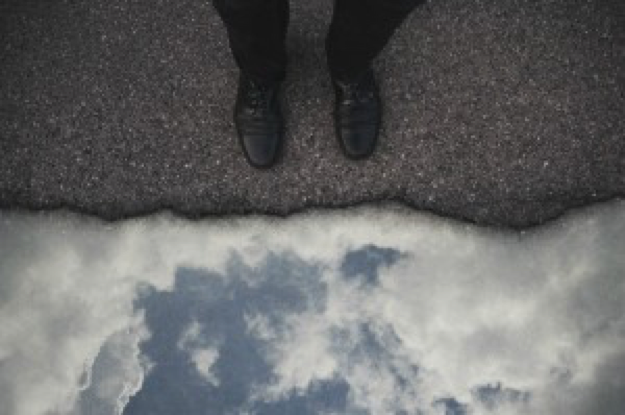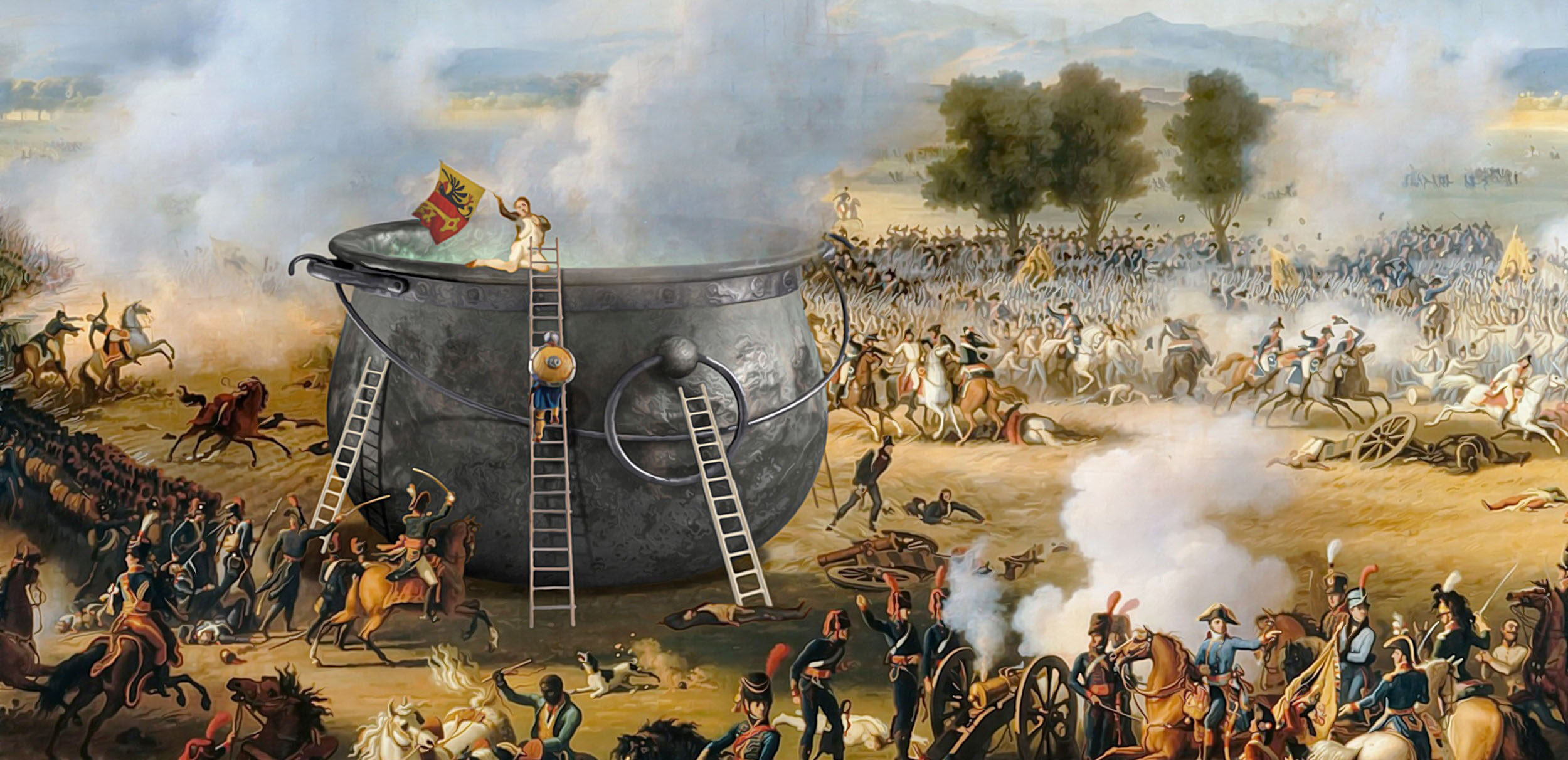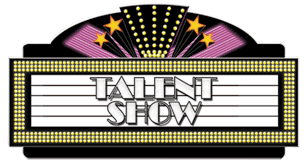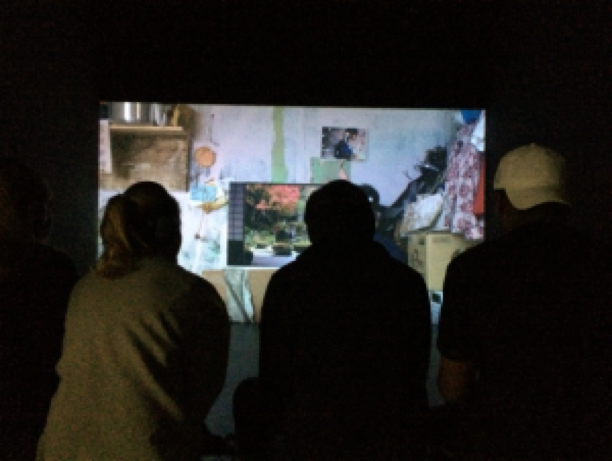Chiara Zehender, Year 11
Will our conscience, or does our conscience, agree with what we have done, or are about to do?
If the answer is “no”, then we should rethink our purpose of doing something, or just quit doing it altogether. If the answer is “yes”, then either what we’re doing is right, or we have an underdeveloped conscience.
However, knowledge of what is right and what is wrong, should act as guide; especially if conscience is lacking.
Humans will always know the difference between convenience and doing the right thing, but the latter does not increase their income, get them a pat on the back or a promotion.
I believe that people develop an idea of right and wrong through social engagement and learning. Knowledge of right and wrong can keep us on the right track; but our conscience is a reminder of why we choose right.
The biggest question is, if a person has an underdeveloped conscience, should we or can we hold them responsible for what they do?
I don’t personally think that children should be held completely responsible for their “crimes”, as it has been proven that a child’s mind is not yet fully developed, and therefore is still developing a conscience and much learning of right and wrong will be needed to make a correct decision.
I think that one of the Ecolint’s primary educational goals should be to educate the individual students to become conscious. This would work effectively towards education for peace, which is one of our school’s biggest goals.
Crying is all right in its way while it lasts. But you have to stop sooner or later, and then you still have to decide what to do.
– C.S. Lewis; “The Silver Chair”



